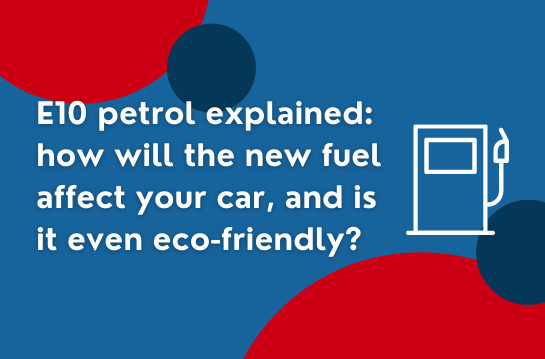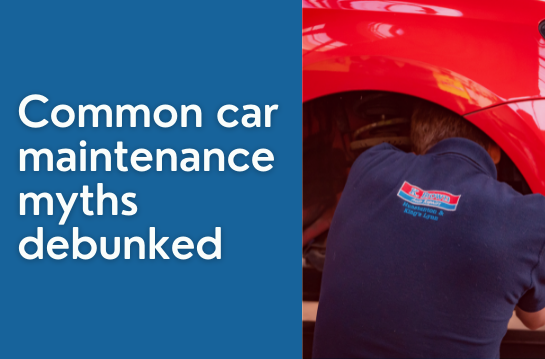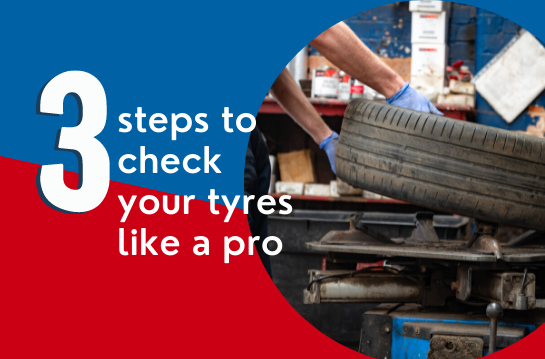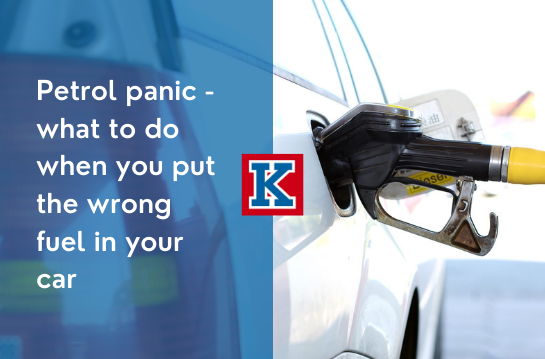
In Summer 2021, the UK made the switch to E10 as the standard petrol grade – as opposed to E5 – in a bid to cut carbon dioxide emissions. Formula 1 is now also committing to this change; as of next season all race cars will run on E10 fuel. Ferrari has complained of having to redesign the internal combustion engine of its vehicles to ensure the new fuel doesn’t negatively impact their performance on the track. But, what does the introduction of E10 really mean for us and our ‘ordinary’ vehicles?
If you’re not already clued up, E10 motor fuel contains less carbon and more ethanol (a kind of alcohol manufactured from plants) than other fuels. The idea is that E10 will help reduce the overall quantity of fossil fuel’s needed to power cars in the UK. Previously, the petrol grades in the UK were all known as E5, as they contained up to 5% ethanol, with the other 95% being regular unleaded petrol. Which means – you’ve guessed it – E10 contains 10% ethanol instead.
There is much debate as to whether E10 is damaging vehicles or not; many complain of a reduction in power meaning the car has to work harder, increasing overall fuel consumption. However, the government claims that this new, more eco-friendly fuel should be safe for every petrol vehicle built after 2011. Those with older vehicles should avoid it and use the old E5, which is still on sale in the super grade at most petrol stations. If you’re unsure visit https://check-vehicle-compatibility-e10-petrol.service.gov.uk/, a site set up by the government where you can check whether your car will run on E10 fuel. Be careful though, as the government will not be liable for any damage to your vehicle as a result of using its checker, especially if you have had replacement parts fitted. If you accidentally put E10 fuel in a vehicle that isn’t compatible, don’t panic as it will still run, according to the RAC. Over time though, it could cause damage to rubber seals, plastics and metals.
So, the big question; how environmentally friendly is E10 really? Of course, there is no straight answer. Despite the fact that ethanol is seen a carbon-neutral (the plants absorb carbon dioxide from the air while they are growing, offsetting the CO2 emitted when the fuel is burnt), sceptics are debating whether this is really the case. Some are even questioning using food crops to produce fuels from a moral standpoint, worrying that it may cause food shortages or an increase in food prices. It is yet to be determined whether this change is for the better or not – if it is genuinely good for the planet, drivers may just have to ‘suck it up’ and deal with the blow to their car’s performance.
Find out more
We have garages in Hunstanton and King’s Lynn and offer a range of servicing options, MOTs, general repairs and more.




